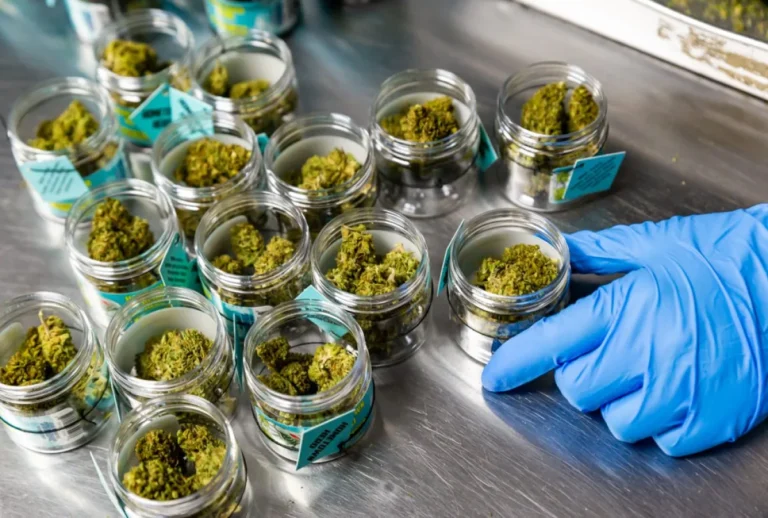Does Delta 9 Affect Serotonin
Delta 9-tetrahydrocannabinol (THC), the main psychoactive component in cannabis, is widely recognized for its impact on mood, perception, and cognitive function. Among the many inquiries into its effects on the brain, one notable area of interest is its interaction with serotonin, a neurotransmitter deeply involved in regulating mood and emotional health. Exploring how Delta 9 affects serotonin provides valuable insights into its potential therapeutic uses as well as its associated risks.
The Function of Serotonin in the Brain
Known as the “feel-good” neurotransmitter, serotonin plays an essential role in maintaining mood, sleep patterns, appetite, and emotional equilibrium. This crucial chemical operates within both the central and peripheral nervous systems, shaping a wide range of physiological and psychological functions. Disruptions in serotonin balance have been linked to mental health conditions like depression, anxiety, and other mood-related disorders.
Delta 9 and the Endocannabinoid System
Delta 9-THC primarily affects the body through its interaction with the endocannabinoid system (ECS), a sophisticated network that plays a key role in cell signaling. The ECS is composed of cannabinoid receptors (CB1 and CB2), naturally occurring cannabinoids, and specialized enzymes responsible for their synthesis and breakdown.
By binding to CB1 receptors, which are concentrated in the brain and nervous system, Delta 9 influences the release of neurotransmitters such as serotonin. This process is thought to contribute to the mood-lifting and stress-reducing effects commonly associated with cannabis consumption.

The Link Between Delta 9 and Serotonin
Research shows that Delta 9 may influence serotonin levels indirectly by affecting other neurotransmitter systems. One example is how Delta 9 boosts dopamine release, which may subsequently impact serotonin production and activity. Its stress- and anxiety-reducing effects might also result from an indirect enhancement of serotonin pathways in the brain.
Animal studies have revealed that cannabinoids, including Delta 9, can alter serotonin signaling. However, the exact mechanisms are still being studied. Some evidence points to Delta 9’s potential to activate serotonin receptors, particularly the 5-HT1A receptor, which plays a key role in mood and stress regulation. This receptor activation could explain the reduced anxiety or mood improvements reported by some Delta 9 users.
Therapeutic Implications
The connection between Delta 9 and serotonin offers promising possibilities for mental health treatments. Cannabinoid-based therapies might be developed to address serotonin-related conditions, including depression and anxiety. However, Delta 9’s effects can vary depending on the dosage, with low amounts potentially offering benefits and higher doses worsening anxiety or mood disorders. This underscores the need for careful dosing and further study.
Potential Risks and Considerations
Delta 9’s interaction with serotonin, while potentially beneficial, also carries risks. Overuse or prolonged exposure may disrupt the delicate neurotransmitter balance, potentially harming mood and mental health. Individual factors such as genetics, tolerance levels, and existing health conditions further influence how Delta 9 affects serotonin and overall well-being.
Conclusion
The relationship between Delta 9 and serotonin is an intriguing area of research that sheds light on cannabis’s impact on mental health. Early findings suggest that Delta 9 can positively influence serotonin signaling under certain circumstances, but the mechanisms and long-term effects are not yet fully understood.
As research progresses, consumers should use Delta 9 products cautiously, consulting healthcare professionals to weigh the potential benefits and risks. A deeper understanding of how Delta 9 interacts with serotonin could pave the way for new therapies while promoting safe and informed use.






